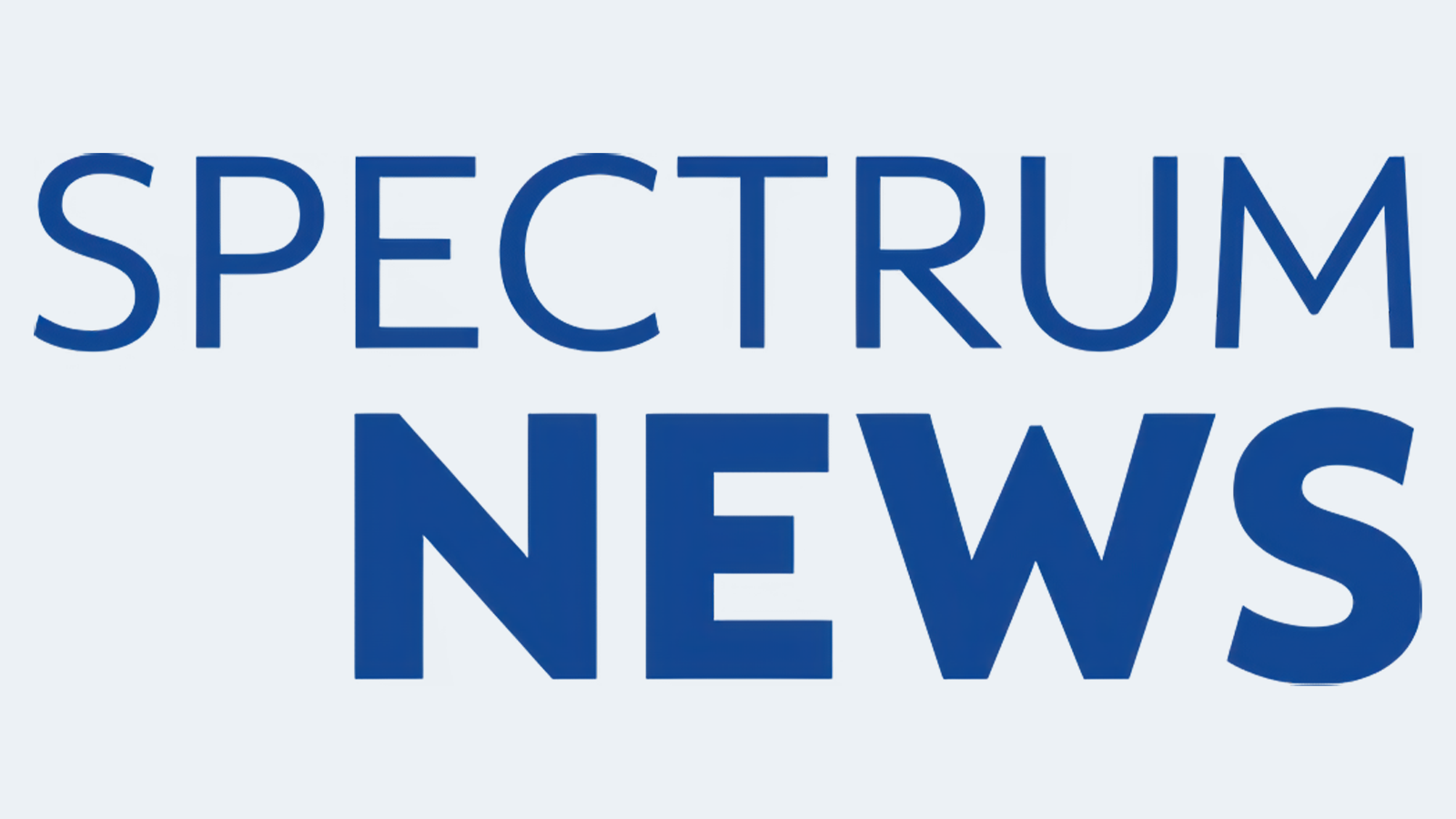Broadcasters Resist Degradation
The professional video industry's #1 source for news, trends and product and tech information. Sign up below.
You are now subscribed
Your newsletter sign-up was successful
Now that broadcasters have bothered to spend millions to transmit high-definition images, they're loathe to see the bits plucked out of them. So it was that network affiliate groups have implored lawmakers to reconsider downconversion language in the pending telecom reform bill.
The bill allows cable and satellite operators to convert must-carry digital broadcast signals to analog their for analog-only subscribers. It also allows HD signals to be converted to SD, until Feb. 17, 2014--five years after the analog TV sunset.
ABC, NBC and CBS affiliates along with Telemundo stations papered Capitol Hill with a letter asking that HD broadcast content be exempt from downconversion.
"The first downconversion provision of the bill would permit cable systems to downconvert broadcasters' digital signals to analog for subscriber homes with analog sets," the affiliate letter stated." We commend this proposal because it would protect against viewer disenfranchisement. However, we urge deletion or at least modification of the second downconversion provision, which would allow cable operators and other MVPDs to downconvert broadcasters' HDTV signals to SDTV."
The letter went on to describe how the networks will be providing more than 100 hours a week of regularly scheduled HD programming in the fall line-up, not to mention "hundreds of hours more in sports and special event programming throughout the year," as well as syndies like "Jeopardy" and "Wheel of Fortune."
"As currently drafted, the second downconversion provision would allow MVPDs to degrade all of this HDTV programming to a quality little better than analog."
Allowing HD downconversion on multichannel video pay systems would be a slap in the face to all those folks who've shelled out the big bucks for an HD set, and it wouldn't exactly motivate further sales, the missive pointed out. It went on to say that HD downconversion violated the 1992 Cable Act, and gave cable operators an unfair advantage, since they could continue to carry their own content in HD while squeezing the bits out of broadcast HD.
The cable lobby has campaigned hard and fast for the right to convert digital broadcast signals because roughly two-thirds of the nation's 68 million or so cable subscribers have analog-only service. Without downconversion, those subs could lose cable access to digital broadcast signals when analog broadcasting goes away Feb. 17, 2009.
The broadcast lobby fought to have digital-to-analog conversion occur in homes, so subscribers with digital and HD displays could still reap the full benefits of those formats. However, in-home downconversion would require every cable subscriber to have a digital set-top box; most don't. Cable proponents said supplying every subscriber with a digital set-top would cost the industry more than $1 billion.
The downconversion language made it into last year's analog sunset bill, but was stripped out before it became law (eliciting a crow from the broadcast lobby). The language in the pending telecom reform bill is similar. That bill, most recently referred to as the Communications Act of 2006, has yet to come to the Senate floor. Observers give it a 50-50 chance of doing so when lawmakers, many of whom are engaged in fierce election campaigns, return from August break after Labor Day.
The professional video industry's #1 source for news, trends and product and tech information. Sign up below.
